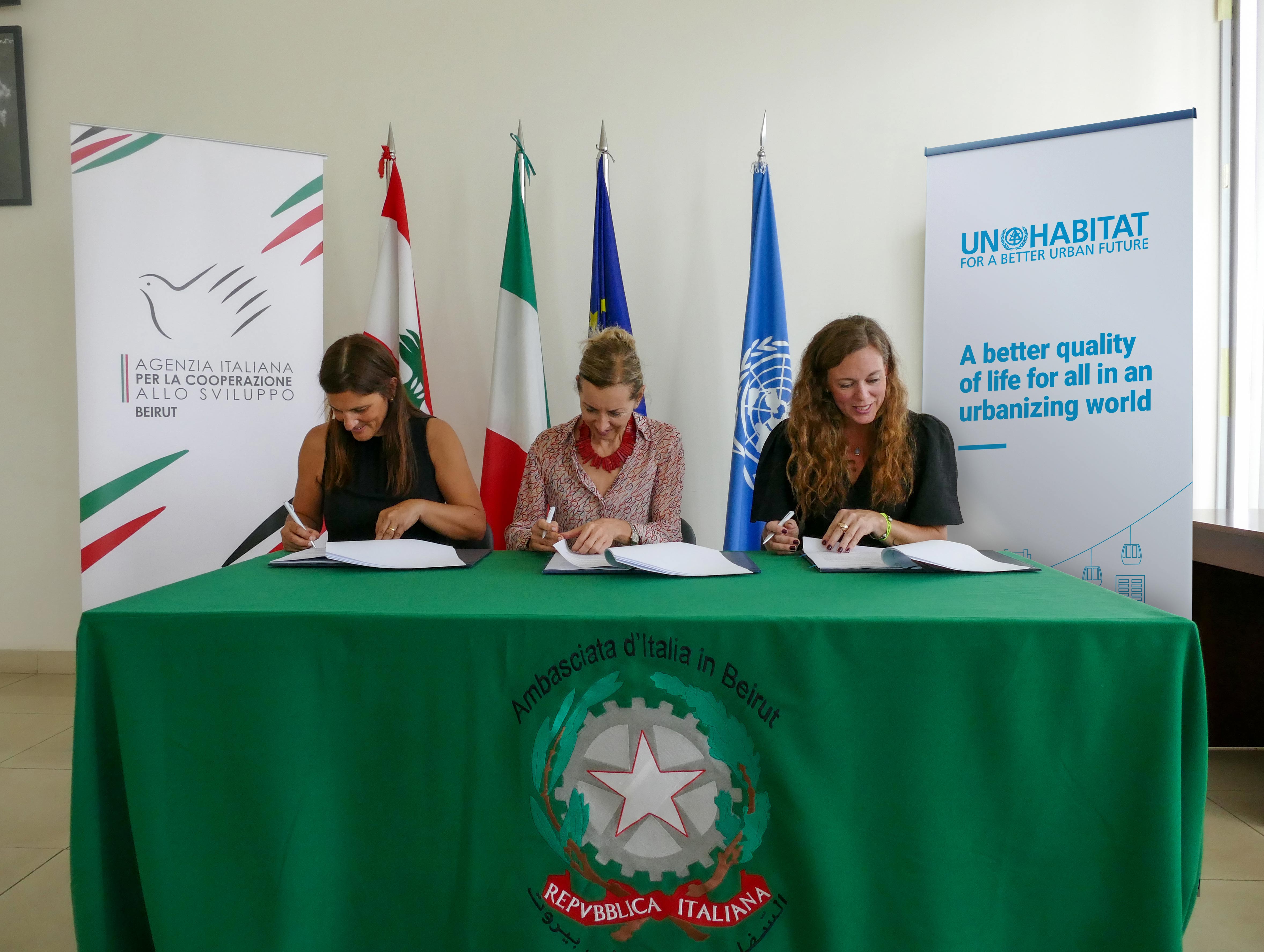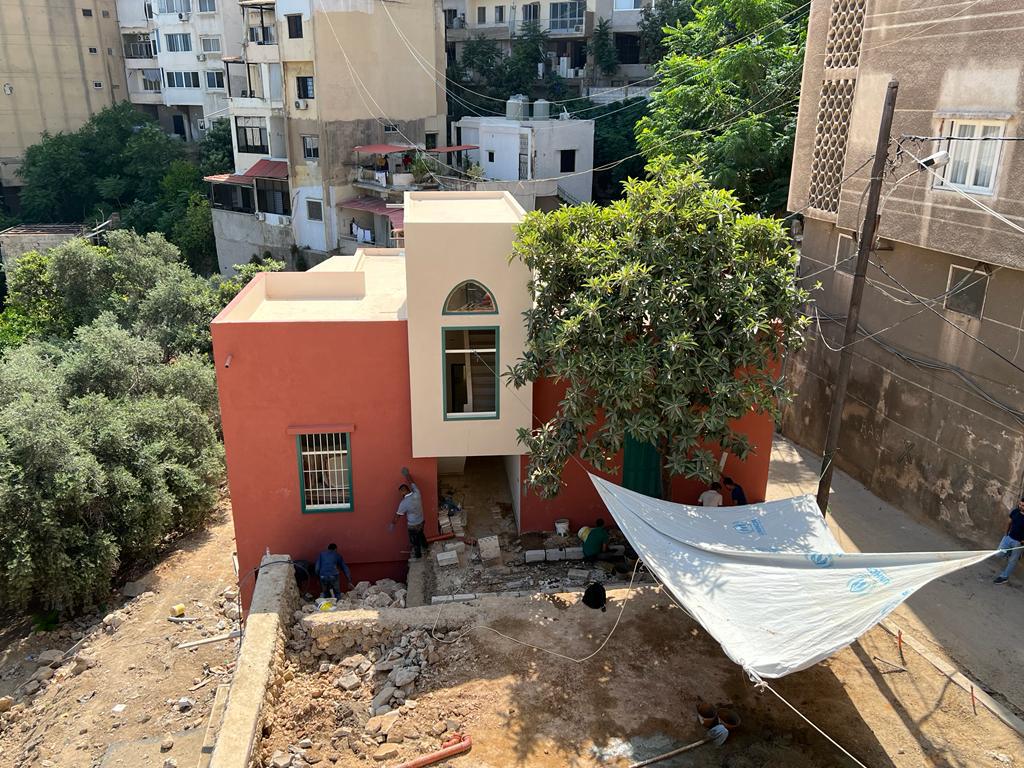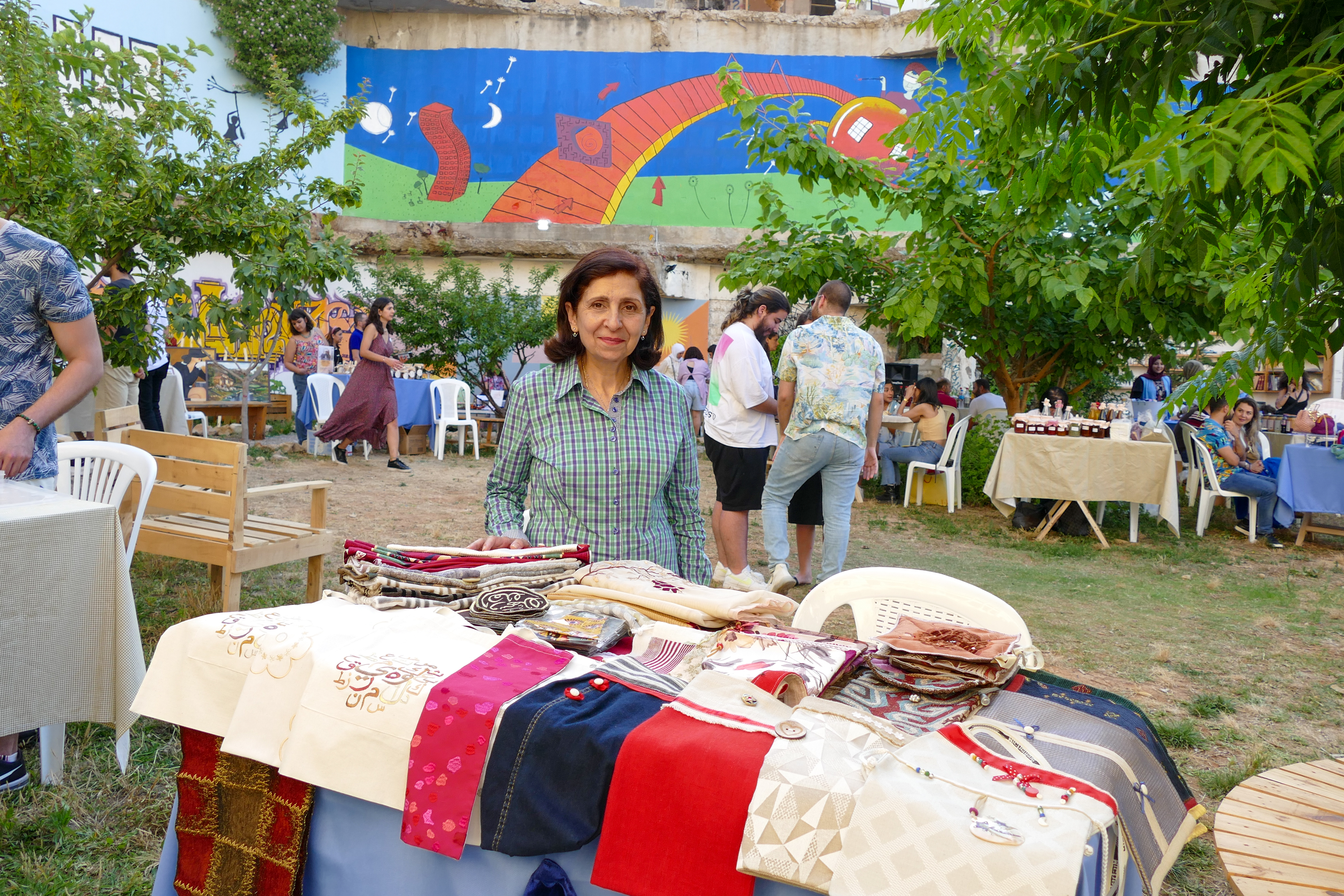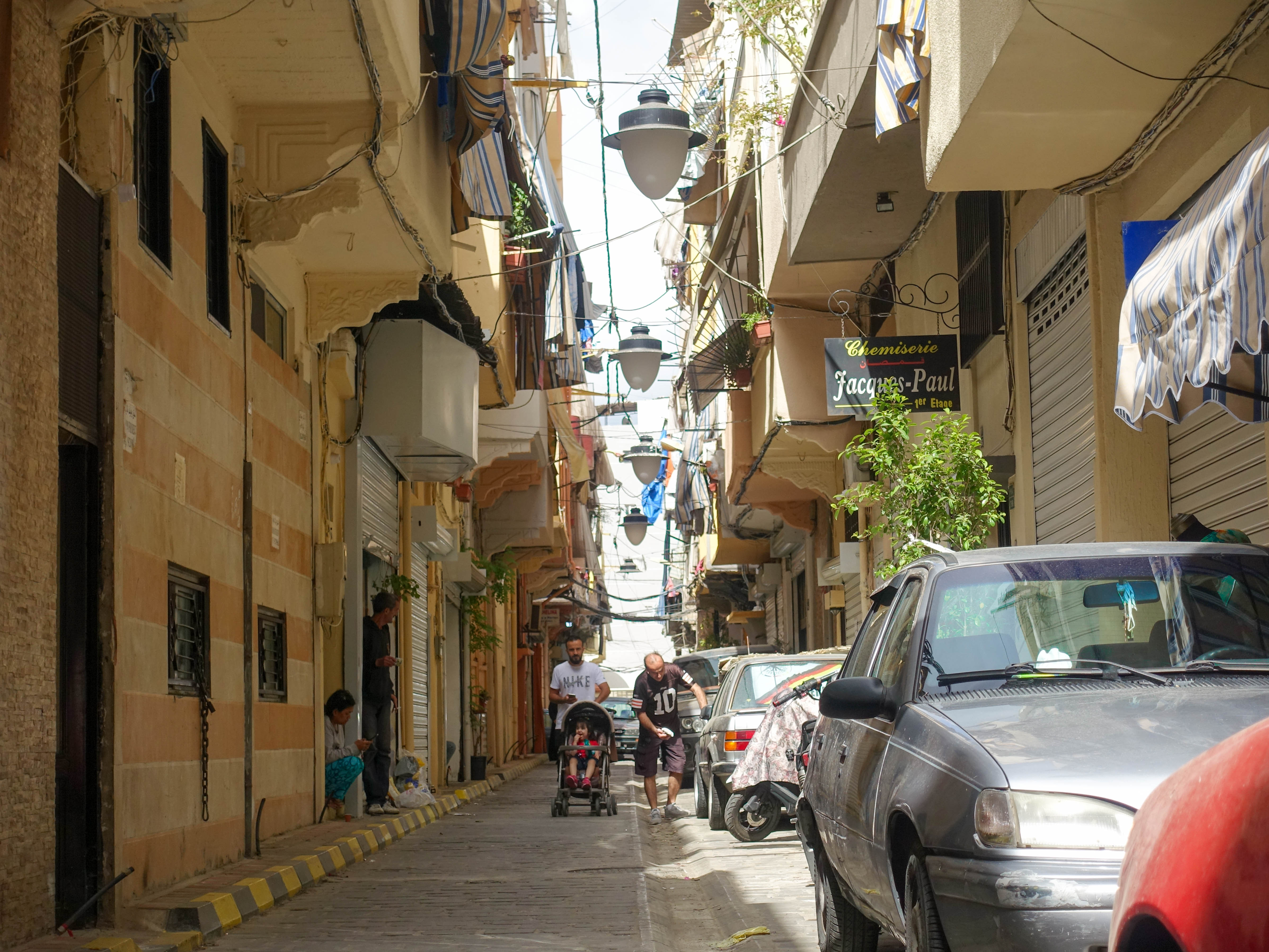22 August 2022-- Two years have passed since the devastating Beirut Port explosion tore through Lebanon’s capital city, Beirut. In a matter of seconds, the city turned into what looked like a war zone. Although the city’s recovery and reconstruction has progressed – despite the protracted and paralysing political and socioeconomic crises facing the nation – much remains to be done. To date, access to adequate and affordable housing and urban basic services remain a severe challenge.
In this context, UN-Habitat is amplifying its support for the city’s recovery, under an area-based, multi-sectoral urban recovery approach. This includes two additional interventions through the generous and steadfast support of the international community: “Beirut housing rehabilitation and cultural and creative industries recovery;” and, “Ensuring safe public spaces and adequate housing for all within the city of Beirut.”
The “Beirut housing rehabilitation and cultural and creative industries recovery” – a US$ 12.75 million grant funded project by the Lebanon Financing Facility, administered by the World Bank – launched in 2022 will allow UN-Habitat to reconstruct valuable housing stock of heritage value and revive critical creative, and cultural sectors through grants, both severely affected by the explosion. At least thirty-one multi-level residential buildings of heritage value will be completely rehabilitated through a build back better approach. In partnership with UNESCO, 150 grants will be provided to support practitioners and entities of cultural and creative industries get back on their feet.
A second urban recovery intervention is entitled: “Ensuring safe public spaces and adequate housing for all within the city of Beirut”, funded by the Italian Agency for Development Cooperation (AICS) through a EUR 2.3 million grant. This project will not only provide rehabilitation support to individual housing units occupied by vulnerable families, who have yet to receive support albeit two years after the explosion, but will commence an important public space regeneration project of a historical train station in Mar Mikhael. The Mar Mikhael train station (the railways in Lebanon ceased to operate during the civil war 1975-1990), is currently a dilapidated non-functional public space in the heart of historical Beirut. Through UN-Habitat’s intervention, a comprehensive participatory revival and urban regeneration approach will be applied, aimed at reviving commerce and increase access to safe and inclusive public spaces in the area.

These two interventions come as UN-Habitat completes a landmark Beirut urban recovery project funded by Japan through a US$ 2.2 million grant: “Support for the reconstruction and rehabilitation of most vulnerable urban areas in Beirut impacted by the port explosion.” This project was an umbrella to several holistic explosion recovery related interventions. It included the rehabilitation of 11 residential buildings of heritage value, public spaces, municipal infrastructure in Beirut and Bourj Hammoud through a participatory, build back better approach while also supporting the Beirut Fire Brigade to improve their emergency response and prevention efforts. The building rehabilitation completed in this project – is an irreplaceable pilot, particularly as it pertains to safeguarding housing, land and property rights in Beirut - providing a very important evidence base for the ongoing “Beirut housing rehabilitation and cultural and creative industries recovery” project.

“The building is 100 to 110 years old. I wasn’t even considering rehabilitating it. I would have been obligated to sell it to buy another house. And now of course I’m coming home. Because it’s the only home I have. They have promised me to bring back everything the way it was, and people will be coming just to see how this neighbourhood looks now,” said Simone Achkar, who lives in the Rmeil Cluster where her home is among the 11 buildings of heritage value that have been rehabilitated by UN-Habitat following the Beirut Port explosion.

These are just a sample of UN-Habitat’s dedicated efforts together with the wider UN family, in supporting Beirut recovery and reconstruct from the explosion. It exemplifies UN-Habitat’s recurrent role and focus in the country since 2006 – that of urban crisis response. UN-Habitat has been operational in Lebanon for 15 years and played a crucial role in reconstructing homes devastated by the 2006 July war, advocating for an urban crisis response to the Syrian displacement crisis, implementing countless projects and today continues an urban recovery approach in Beirut.

“The UN’s work is far from done. The challenges are immense, yet the will of the UN Country Team in Lebanon and people’s determination are even stronger. As Lebanon embarks on a new phase of recovery and reform, strengthening partnerships is indispensable to support a swift and systemic change that is geared towards people’s needs and aspirations,” said Najat Rochdi, former United Nations Resident and Humanitarian Coordinator for Lebanon.